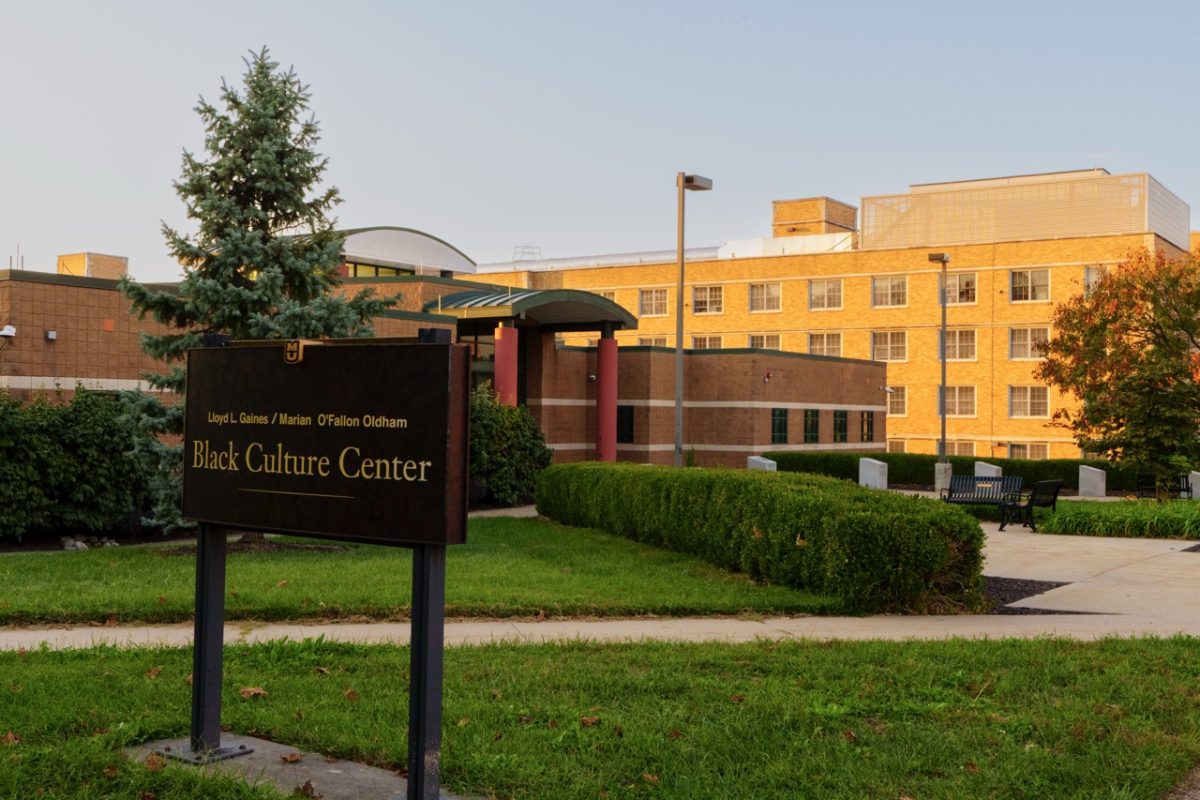Sometimes I forget about the magic of cinema. Whole months, seasons and even years can pass without me reveling in or even acknowledging the enchanting capability held by the medium.
I don’t know what causes this sporadic disillusionment, or whether the fault is my own or that of the film industry, but nevertheless it plagues me. It’s not that I don’t see good movies during these periods, or even great ones, because I do. But, there is a difference between a great film and a magical one. This summer’s “Drive,” for example, was absolutely magnificent, one of the best films of the past several years, but it wasn’t magical.
In fact, as of last weekend, I hadn’t seen a truly magical film in a very, very long time. I had been impressed by films, yes. I had been intellectually challenged, and brought to tears and filled with excitement. I had seen films wholly worthy of praise and love. But I hadn’t felt that spark. I hadn’t felt that special radiant warmth that can’t be explained be explained with technique or logic but can only be _felt_ — the kind of warmth I get from watching “Amelie” or a good Miyazaki film.
But then, last Sunday, I sat down in a theater and for two hours was bathed in Martin Scorsese’s newest gift to cinephiles everywhere, “Hugo,” and I was like Harry Potter first stepping into the halls of Hogwarts. I had been given reentry into the world of magic. And all was once again good in the world.
“Hugo,” an adaptation of Brian Selznick’s novel “The Invention of Hugo Cabret,” tells the story of Hugo (Asa Butterfield), an orphan and natural mechanic who lives unauthorized in a train station of Paris. His daily life is ruled by his quest to fix his automaton, an enigmatic humanoid machine that he believes, once repaired, will deliver him a message from his deceased father.
He is aided in his mission by Isabelle (the ubiquitous Chloë Moretz), world-wise and well-read despite her young age, and is challenged by Isabelle’s godfather, George (Ben Kingsley), who thinks Hugo is a thief, and Inspector Gustav (Sacha Baron Cohen), the train station patrolman who delights in sending orphans away to squalor in Paris’s sordid orphanages.
But that is just the beginning. After a series of twists and turns, “Hugo” blossoms into much more than its premise initially suggests and becomes, surprisingly, a gorgeous, heartfelt, and enthralling love letter to early cinema. This is when this film truly begins to work its magic. The scenes of the early days of filmmaking taken from actual, recognizable silent films like “A Trip to the Moon,” will wholly captivate anyone with even a smidgeon of film history knowledge, and for those who don’t know “The Jazz Singer” from “The Wedding Singer,” these scenes will hopefully inspire a trip to the “Film Studies” section of your local library.
But this movie isn’t just one for film lovers (though they, like myself, will probably make up its most passionate supporters). Wrapped up in this filmic story is a beautiful and impeccably shot and written tale of so many things relatable to us all: dreams, family, friendship, love, disappointment and loyalty. This is a story of triumph and purity of soul and sheer joy that we can all get behind.
It might seem odd at first that this was made by the same man that made the f-bomb laden “The Departed” and the blood-soaked “Goodfellas,” and it might seem like a step down, but look again and it makes sense. The storytelling is still there. The visual panache, the strong characterization, the ear for music — everything here is classic Scorsese, just skewed younger. And if anything, the disparity between “Hugo” and Scorsese’s other works, and yet its characteristic high quality, serves to even further cement his status as one of the absolute best directors living and working today. Really, what _can’t_ he do?
5 OUT OF 5







